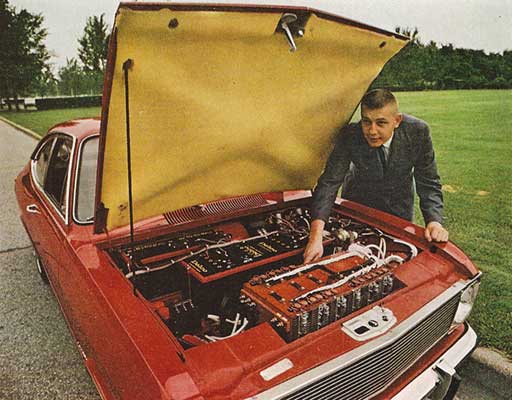So it was 36 years ago today that we put a couple of folks on our satellite. Big deal. People have been saying that it was the greatest achievement basically ever, and yet I remain strangely unmoved.
You have to wonder about the huge amount of energy expended in a moon launch compared to the positive benefit it brings. It might have allowed a couple of military types to prance about in low gravity, but really, what have the moon landings done for us?
Someone’s going to say computers. Well, if we’d have stopped at 1974-level electronics, maybe so. But I remember computers in 1974 — and they were huge, and not very impressive.
Someone else will probably say high-tech materials. While things like aramid fibres are technically neato-mosquito, like many technologies designed around the space program, they’re basically single-use. It’s no surprise then that the Challenger enquiry folks had difficulty with Miner’s law when they’d previously only used things once.
Someone had better not say foods. Tang is not a food group, merely a useful additive for gin.
I know I’ll never make it to space. I have no interest in messing up our environment here, just to get somewhere colder and less hospitable. I think I’m expected to be a space-nut, since I was born just before the moon landing, grew up with SkyLab and such, and became an engineer. But if it’s that much trouble to travel so short a distance in space, what chance have we in the stars?
